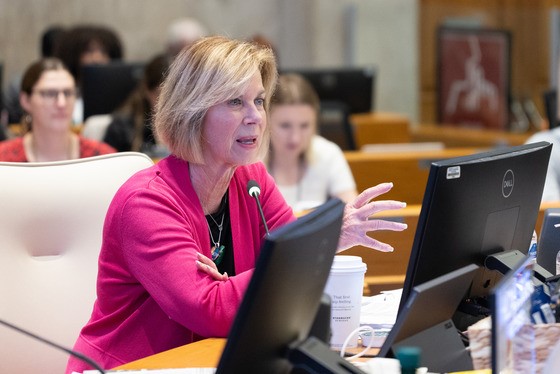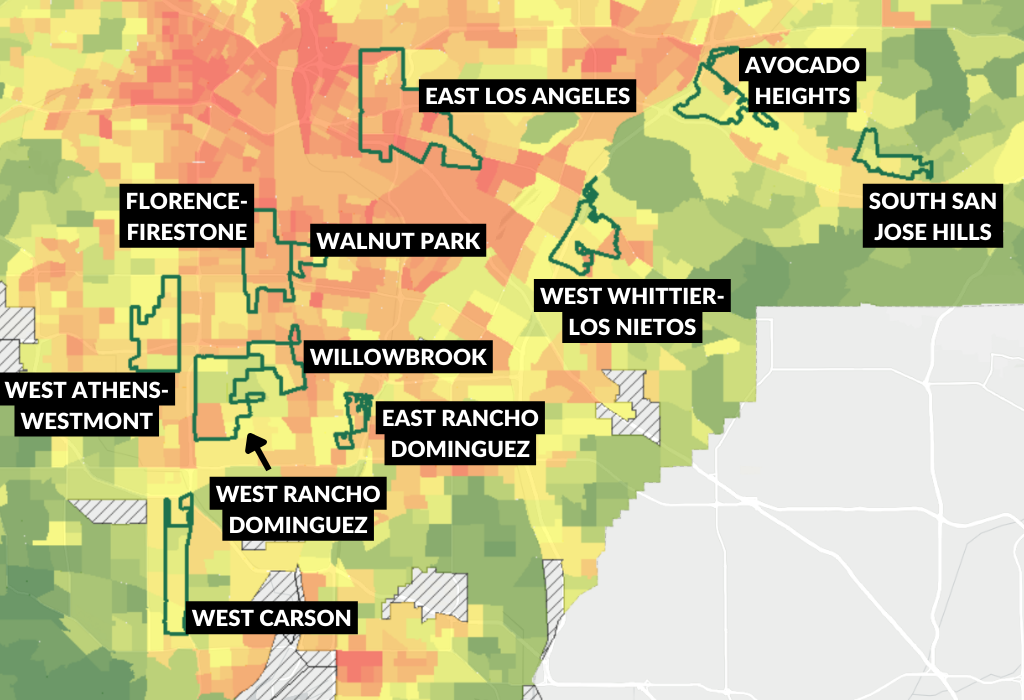Supervisors Call for Update on County Program to Protect Vulnerable Communities from Pollution
Los Angeles, CA – Today, the Los Angeles County Board of Supervisors unanimously approved a motion by Supervisor Janice Hahn and coauthored by Supervisor Hilda L. Solis that directs the Department of Regional Planning to provide an update in 120 days on the County’s Green Zone Program. The motion calls for information on work already completed, outstanding work, and any barriers to completion.
“For most people, the nasty byproducts that industrial facilities generate are out of sight and out of mind. Some of our most vulnerable communities—especially Black and Latino ones—don’t have that luxury. This Green Zone program was supposed to protect them, but in the year and a half since we launched it, we haven’t heard anything else,” said Hahn, who brought the motion forward. “The County can’t afford to drag its feet on this any longer. These communities deserve better.”
The Green Zone Program, passed by the Board in 2022, establishes special land use and zoning regulations in 11 unincorporated communities that abut industrial facilities.
Among other measures, the Green Zone Program places additional permitting requirements and development standards for existing and new industrial facilities that operate with hazardous waste. Operations at these facilities have in the past led to odors, soil contamination, and toxic air pollution in the communities that surround them.
“We must stay on top of the Green Zone Program and keep track of the progress made to date – we owe it to our most impacted communities,” said Supervisor Solis. “Although a lot has been accomplished, Green Zone communities, such as City Terrace in the First District, continue to experience concerns from businesses refusing to be good partners. To that end, we must continue our dedicated efforts to ensure the implementation of the Green Zone Program is accomplished, and having detailed reports and updates will help us meet those goals.”
The Ordinance also expanded requirements for development of future new “sensitive uses” adjacent to industrial, recycling and solid waste, or vehicle-related uses. Sensitive sites are defined as spaces where individuals are most likely to reside or spend time, including homes, schools, daycares, hospitals, and nursing homes among others.
In the past year, Hahn has led calls for regulatory agencies to take action on contamination in communities she represents, most notably in the case of soil pollution from the former Exide battery plant in Vernon, which left thousands of residents in largely Latino communities with dangerously high levels of lead on their properties. Hahn also led the creation of the Office of Environmental Justice, which will launch this year.



